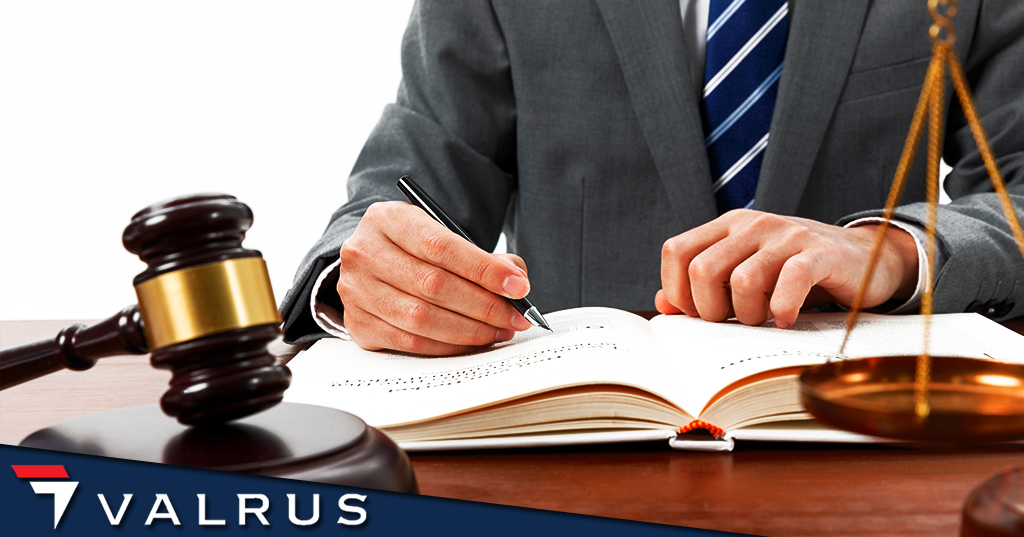At the beginning of 2022, Valrus experts, together with our partners from Izhevsk, the company "Inkom-Expert" on behalf of the Arbitration Court of the Udmurt Republic conducted a financial and economic forensic examination in the framework of the bankruptcy case of JSC Izhmetmash".
The research raised questions about the validity of the company's business strategy and the feasibility of business plans. We also conducted an analysis of transactions approved by the company's Board of Directors and established the reasons for the bankruptcy of the company.
The court's choice of us as experts was based on highly qualified specialists, the availability of economic education, including in the areas of accounting, auditing and analysis of financial and economic activities of enterprises, as well as in the area of crisis management and financial rehabilitation of enterprises, extensive work experience and adequate cost, which we offered for conducting this study.
As part of the examination, documents in dozens of volumes of the arbitration case were analyzed, a large volume of business and accounting documentation obtained by court determination at the enterprise was investigated. In total, the examination took several months with the suspension for requests for information and familiarization with documents.
The results of the examination may affect several circumstances in this bankruptcy case:
Firstly, to the conclusions of the court on the validity or unreasonableness of certain business transactions approved by the debtor's controlling persons. If transactions were approved and carried out that had no economic justification and were obviously not profitable and not effective for the company, the persons controlling the debtor may be held vicariously liable for the obligations of the enterprise that arose after the approval of these deals.
Currently, the issue of subsidiary liability of the debtor is quite important and is raised in almost every bankruptcy case. Since large enterprises can have liabilities in the billions of rubles, assigning responsibility to specific decision makers for hundreds of millions or billions of rubles is critical for these individuals, as well as for creditors (if debt penalties is possible, for example, from the owners of the enterprise who also have other assets).
Secondly, on the order of payment of debt on loans received. If it is established that the creditor (bank) was aware of the unsatisfactory financial situation of the debtor and the inability to service this loan, could predict this, then such debt may be subordinated, i.e. moved beyond the order of repayment of debts and payed off last.
Usually, banks, when issuing loans, secure their obligations with a pledge of the company's property, and subsequently, as a collateral creditor, they claim the second place in the register of creditors. In the vast majority of cases in this situation, almost the entire bankruptcy estate (funds from the sale of property or the property of the enterprise itself) goes to the bank, and the rest of the creditors have nothing left. In case of subordination of debt, on the contrary, the bank may receive practically nothing, since the bulk of the bankruptcy estate will be used to repay obligations to other creditors (debts on taxes and fees, for energy resources consumed by the enterprise and other suppliers).
The resolution of such issues is very important and financially significant for a bankrupt enterprise, its controlling persons and creditors. Therefore, such examinations should be carried out by highly qualified specialists.

